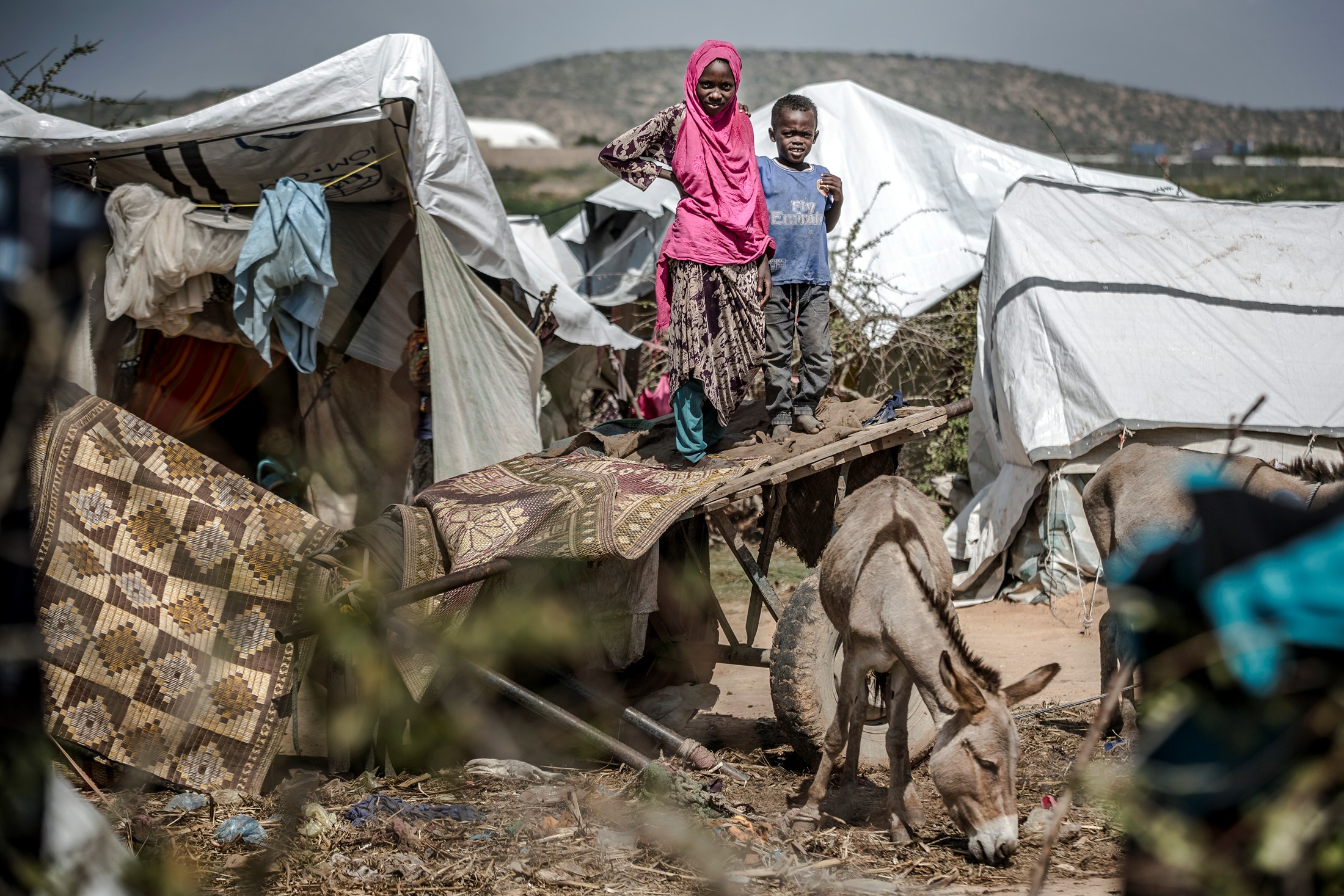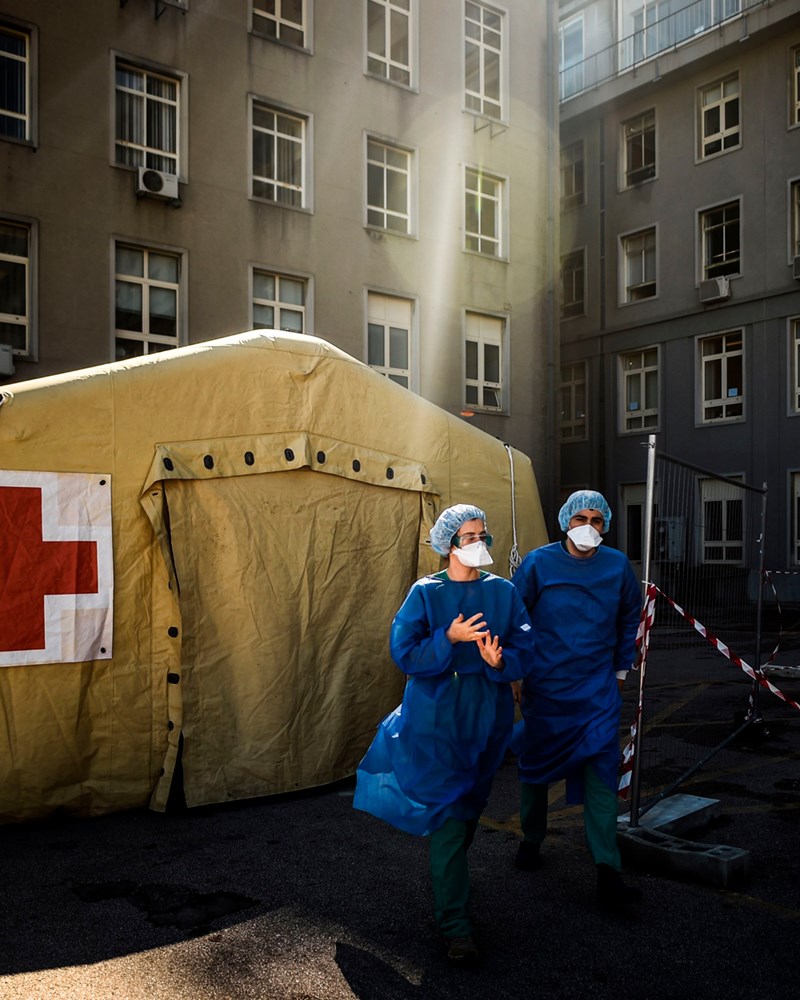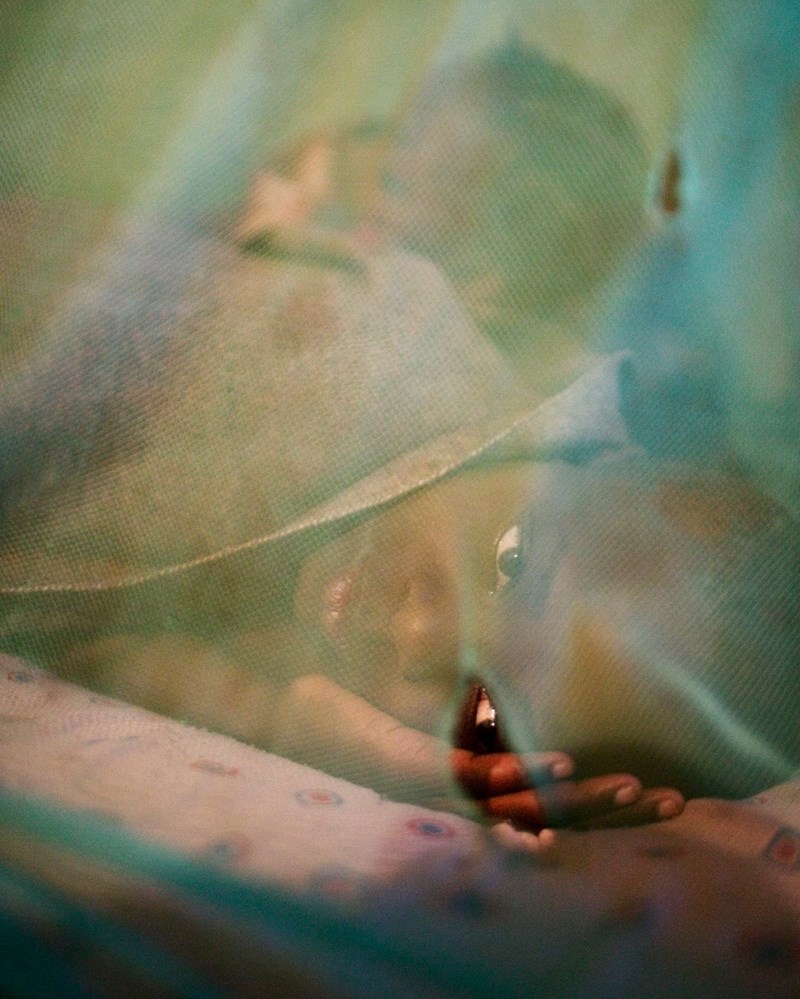Global humanitarian needs are soaring. During 2020, the United Nations estimates that a record 168 million people in 53 countries will require emergency support in the form of food, shelter, healthcare, protection or education.
That’s equivalent to one person in every 45 on the planet.
Continuing conflict in Syria and Yemen, flooding, drought and hunger in Somalia and South Sudan, economic crises in Venezuela and Sudan, as well as escalating instability in the Sahel region are just some of the factors driving internal and cross-border displacement.






